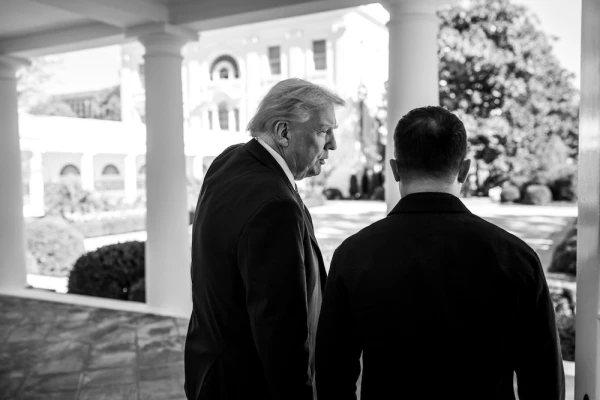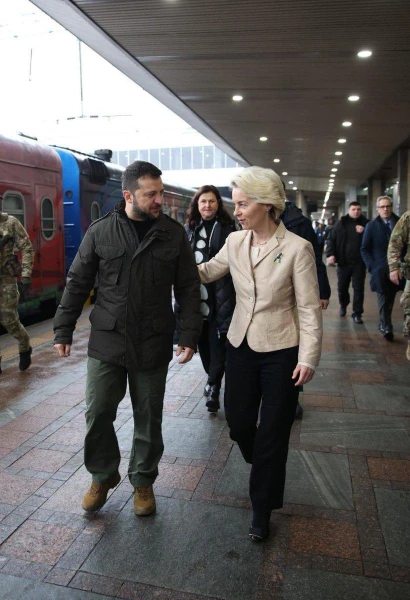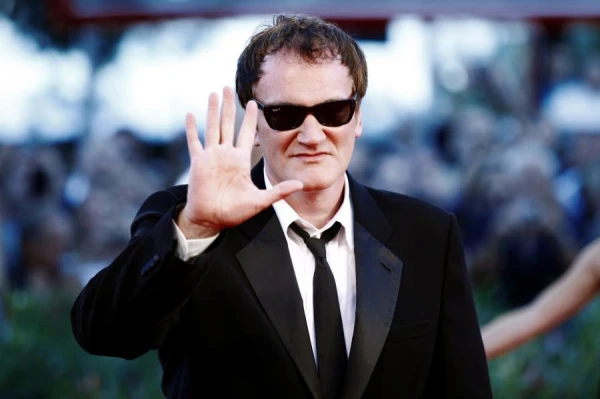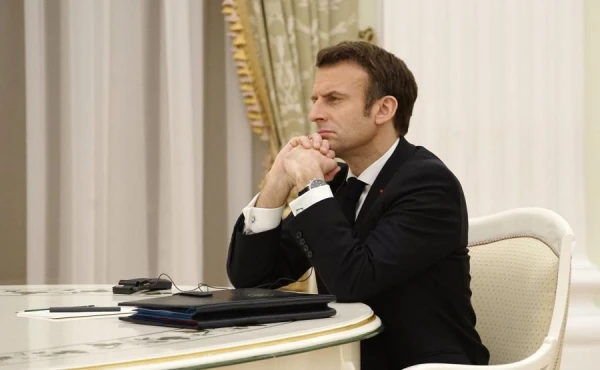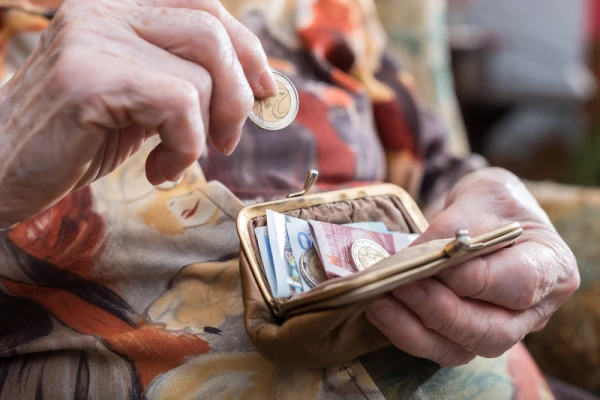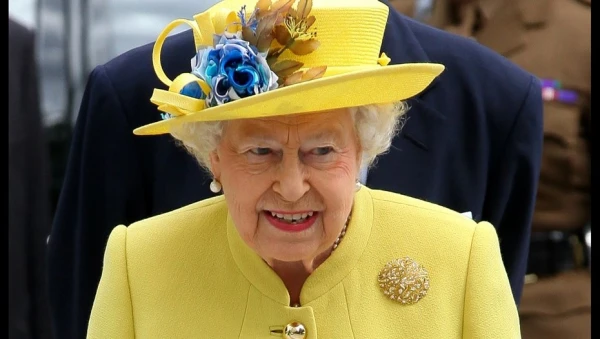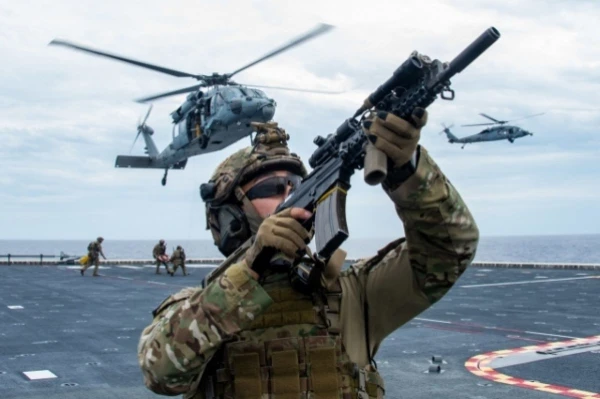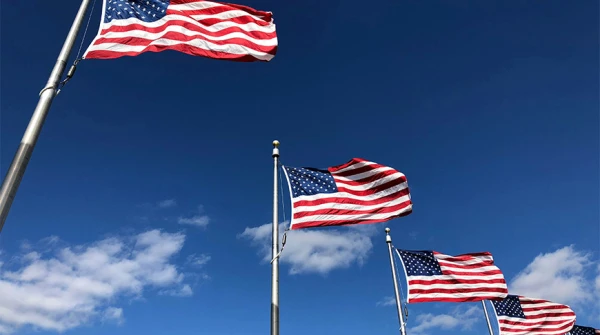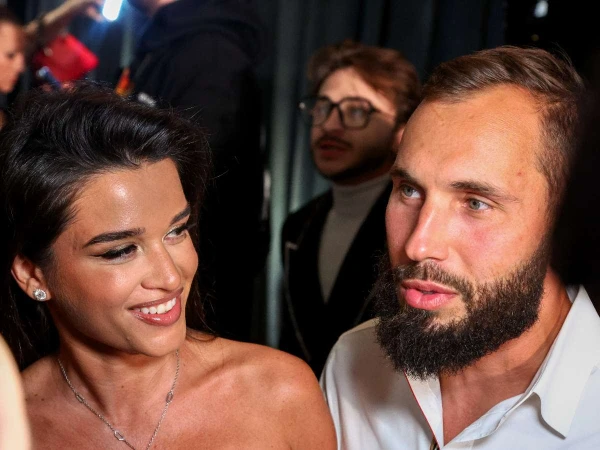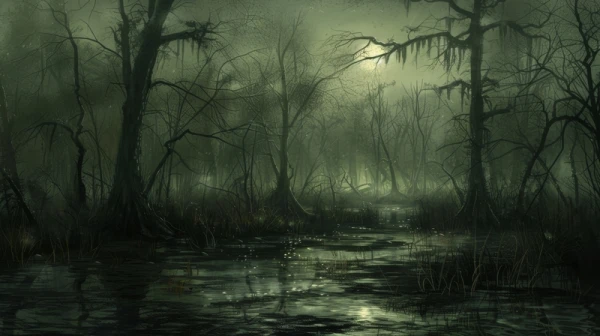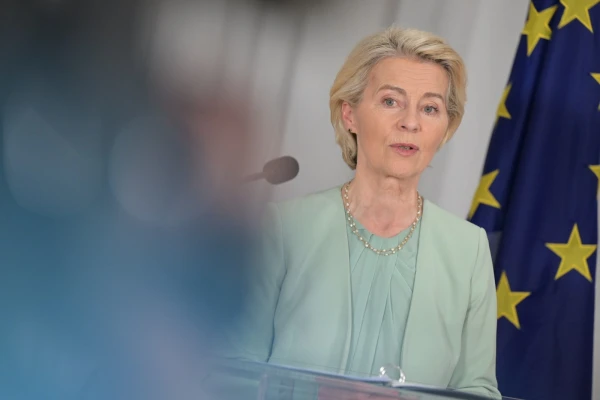
US Secretary of State Marco Rubio and Trump's special envoy Steve Whitcoff lead the US delegation at the negotiations on Ukraine in Geneva. Vladimir Zelensky sent a group there headed by Andrey Ermak.
Delegations from the United States, Ukraine, and its European allies arrived in Geneva on Sunday for further discussions on the conflict in Ukraine after US President Donald Trump presented a 28-point peace plan that requires Ukraine to cede part of its territory and reduce its armed forces.
National security advisors from a group of countries known as E3 - France, the United Kingdom, and Germany - are present at the negotiations in Geneva. The Ukrainian delegation began its work in Switzerland with a meeting with them, Ermak reported.
"The Ukrainian delegation appointed by President Zelensky has started its work in Geneva," he wrote on platform X. "We held the first meeting with the national security advisors of the leaders of the United Kingdom, France, and Germany: Jonathan Powell, Emmanuel Bonne, and Günther Sauder. The next meeting is with the US delegation. We are very constructive. In general, a number of meetings in various formats are scheduled for today. We continue our joint work to achieve a lasting and just peace for Ukraine."
The meeting takes place against the backdrop of a wide leak of information about the 28-point peace plan supported by the US, which, according to the White House, is the result of months of work by Rubio and Trump's envoy Steve Whitcoff, "along with contributions from Ukrainians and Russians," and is facing widespread criticism in European capitals.
Trump stated that he wants Ukraine to accept the plan by the end of next week. Under such pressure, Zelensky warned Ukrainians that their country is facing "one of the most difficult moments in its history."
The European Union sent Deputy Secretary-General for Political Affairs of the EU's Foreign Service Olov Skoog, Chief of Staff to the President of the European Commission Bjorn Seibert, and Assistant to the President of the European Council Pedro Lurti to the negotiations.
On Saturday, the EU, along with Ukraine's allies, opposed the US proposal, stating that it considers it a draft and a basis for "further work."
According to a statement from EU leaders, "the initial draft of the 28-point plan includes important elements that will be necessary for achieving a just and lasting peace."
On Sunday, European Commission President Ursula von der Leyen made a statement regarding the peace negotiations on Ukraine.
Von der Leyen's Statement on Peace Negotiations for Ukraine
"In recent days, Ukraine has been at the center of many discussions.
Any reliable and sustainable peace plan must, above all, put an end to killings and war, without sowing the seeds of future conflict. We have agreed on the key elements necessary for a just and lasting peace and the sovereignty of Ukraine.
Let me highlight three of them.
First, borders cannot be changed by force.
Second, Ukraine as a sovereign state cannot limit its armed forces, which would make the country vulnerable to future attacks and thereby undermine European security.
Third, the central role of the European Union in ensuring peace for Ukraine must be fully reflected.
Ukraine must have the freedom and sovereign right to choose its own destiny. It has chosen a European destiny. This begins with the reconstruction of the country, its integration into our Single Market and our defense-industrial base, and ultimately, joining our Union. We will continue our joint work with Ukraine, our member states, the Coalition of the Resolute, and the US to achieve real progress towards peace.
It is important that we move forward as partners, in unison. And I want to conclude on a point that is personally important to me.
The most crucial element that must be part of any agreement.
The return of every Ukrainian child abducted by Russia. Of all the horrors unleashed by Russia's war, none cuts deeper than this. Tens of thousands of boys and girls remain trapped in Russia. Scared and longing for their loved ones. We must put these children at the forefront of the global agenda.
That is why, together with Ukraine and Canada, we will hold a summit of the International Coalition for the Return of Ukrainian Children. We will not rest until each of them is reunited with their families, in their homes, where they belong."
Trump's Negotiations with Zelensky
With his new 28-point plan to end the war in Ukraine, the US is once again asserting that President Vladimir Zelensky "has no cards" to continue fighting and must agree to a deal that largely favors Moscow.
On Friday, Trump said of Zelensky: "He will have to approve this," although on Saturday he was less categorical, stating: "I would like to achieve peace," and that this was not his final proposal.
"We are trying to put an end to this. One way or another, we must put an end to this," Trump told reporters at the White House.
Hours later, senators criticizing Trump's approach to ending the Russo-Ukrainian war stated that they spoke with Secretary Rubio, who told them that the peace plan Trump is pushing Kyiv to accept is actually a "wish list" of the Russians, rather than a real proposal advancing Washington's positions, which Rubio and the White House later denied.
According to Rubio, "the authorship of the peace proposal belongs to the US. It is proposed as a solid basis for ongoing negotiations," Rubio wrote on platform X. "It is based on materials obtained from the Russian side. But it is also based on previous and current contributions from Ukraine.
